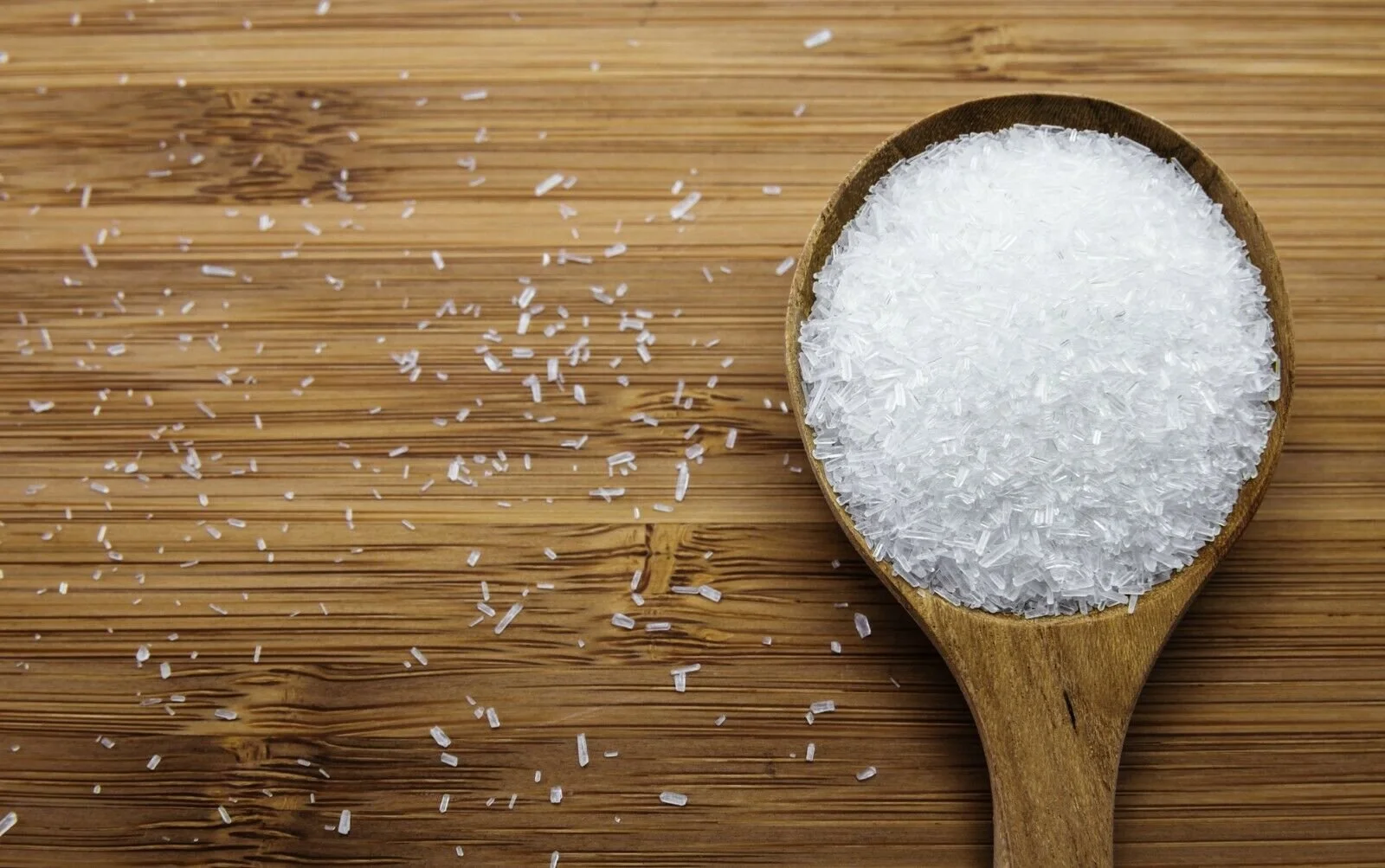The Weird Link Between MSG and Your Mental Health: All You Need to Know
Monosodium glutamate (or MSG, as we know it) is one of the most controversial food ingredients of our time. For decades, the conversation surrounding MSG has hardly been positive; instead, you're more likely to find a ton of sensational articles on the purported damage it could be causing your physical health. Eating MSG-laced meals has even been linked to headaches, numbness of the face and neck, palpitations, nausea, chest pain, and sleeplessness.
While all this research is highly debatable — and has even been accused of being “rooted in racism” — an area scientists haven’t explored much is the possible connection between consuming MSG and mental health. Could it be time to start paying more attention to how much of this ingredient we’re consuming?
World Mental Health Day (October 10) is a good opportunity to discuss the facts:
What is MSG?
It’s a food additive and flavor enhancer. MSG is the sodium salt of glutamic acid, an amino acid that occurs naturally in lots of foods like tomatoes, cheese, seafood, and soy sauce. It’s known for its ability to enhance the savory or umami taste in food.
CAN YOU HAVE TOO MUCH OF IT?
The general consensus among scientific and regulatory bodies, like the U.S. Food and Drug Administration (FDA) and the World Health Organization (WHO), is that MSG is safe for consumption when used within recommended limits. For instance, the European Union states that a person weighing 70 kilograms (about 154 pounds) can consume up to 2,100 milligrams of MSG per day without exceeding the daily limit.
Image: iStock
HOW DOES RESEARCH SAY IT AFFECTS MENTAL HEALTH?
It’s worth noting that studies around MSG consumption and mental well-being are generally limited and conflicting, even though many claim that ingesting the former can lead to psychotic, anxiety and depression disorders. Some research even links MSG as a contributor to the development of diseases like Schizophrenia.
THE BOTTOM LINE?
If we're going by what the experts, like WHO, say, MSG is really not the demon it's made out to be. And it's not likely that, generally, your physical or mental health is going to suffer because there are bouillon cubes in your stew, or you eat Chinese takeout on the weekend.

